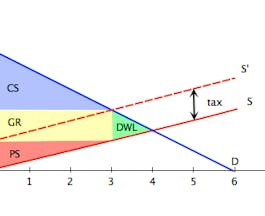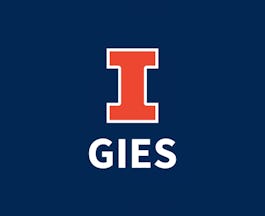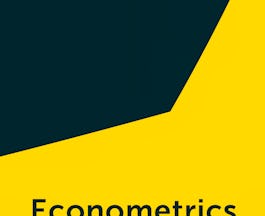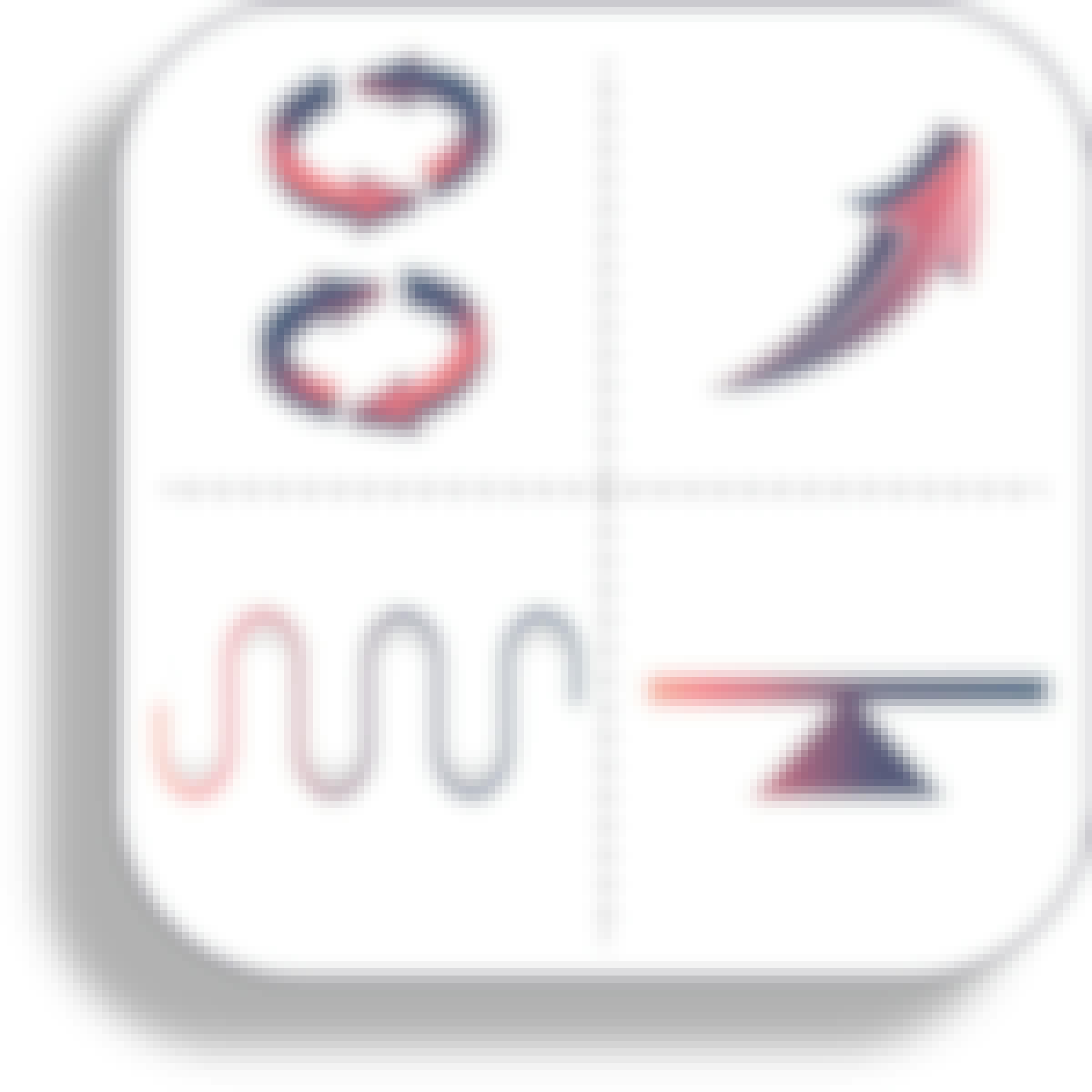Filter by
The language used throughout the course, in both instruction and assessments.
Choose the Microeconomics Course That Aligns Best With Your Educational Goals
 Status: Free
Status: FreeUniversity of Illinois at Urbana-Champaign
Skills you'll gain: Behavioral Economics, Decision Making, Market Research, Market Analysis, Strategy, Problem Solving, Business Analysis, Econometrics, Strategy and Operations
 Status: Free
Status: FreeUniversity of Pennsylvania
Skills you'll gain: Problem Solving, Market Analysis, Behavioral Economics, Business Analysis, Decision Making, Finance, Market Research, Mathematics, Econometrics
 Status: Free
Status: FreeYale University
Skills you'll gain: Finance, Investment Management, Risk Management, Banking, Behavioral Economics, Critical Thinking, Decision Making, Financial Analysis, Innovation, Regulations and Compliance, Leadership and Management

University of Illinois at Urbana-Champaign
Skills you'll gain: Market Analysis, Finance, Business Analysis, Financial Analysis, Data Analysis, Behavioral Economics, Decision Making, Econometrics, Probability & Statistics, Accounting, Banking, General Statistics, Statistical Analysis, Leadership and Management, Basic Descriptive Statistics, Exploratory Data Analysis, Financial Accounting, Financial Management, Strategy and Operations, Investment Management, Market Research, Probability Distribution, Regulations and Compliance, Marketing, Risk Management, Securities Trading, Statistical Tests, Securities Sales, Strategy, Taxes, Game Theory, Regression, Microsoft Excel

Rice University
 Status: Free
Status: FreeErasmus University Rotterdam
Skills you'll gain: Econometrics, General Statistics, Regression

Rice University

Fundação Instituto de Administração
Skills you'll gain: Business Development, Finance, Financial Analysis, Investment Management, Strategy, Behavioral Economics, Decision Making, Financial Accounting, Market Analysis, Taxes

Erasmus University Rotterdam
 Status: Free
Status: FreeUniversity of Pennsylvania
Skills you'll gain: Critical Thinking, Market Analysis, Finance, Business Analysis, Cost Accounting, Marketing, Strategy, Taxes
 Status: Free
Status: FreeYale University
Skills you'll gain: Critical Thinking, Storytelling

Rice University
Searches related to microeconomics
In summary, here are 10 of our most popular microeconomics courses
- Microeconomics Principles: University of Illinois at Urbana-Champaign
- Microeconomics: The Power of Markets: University of Pennsylvania
- Financial Markets: Yale University
- Managerial Economics and Business Analysis: University of Illinois at Urbana-Champaign
- Principles of Economics: Microeconomics - Down to Business: Rice University
- Econometrics: Methods and Applications: Erasmus University Rotterdam
- A Story of Economics: A Principles Tale: Rice University
- Macroeconomics for Business Management: Fundação Instituto de Administração
- Introduction to Economic Theories: Erasmus University Rotterdam
- Microeconomics: When Markets Fail: University of Pennsylvania










